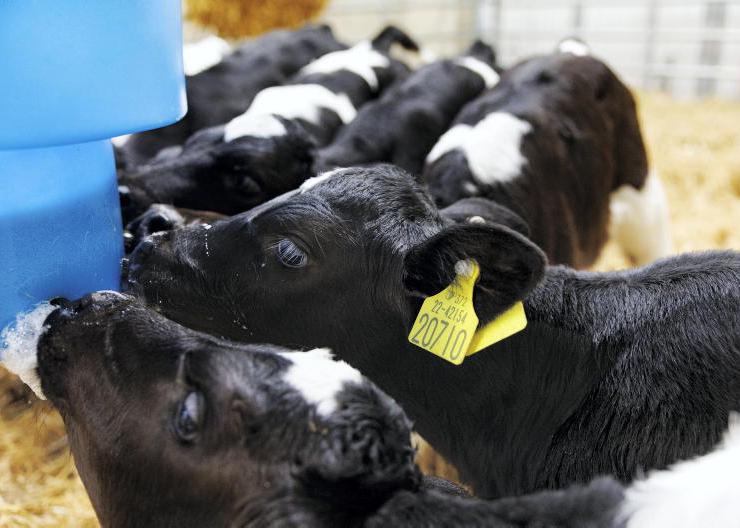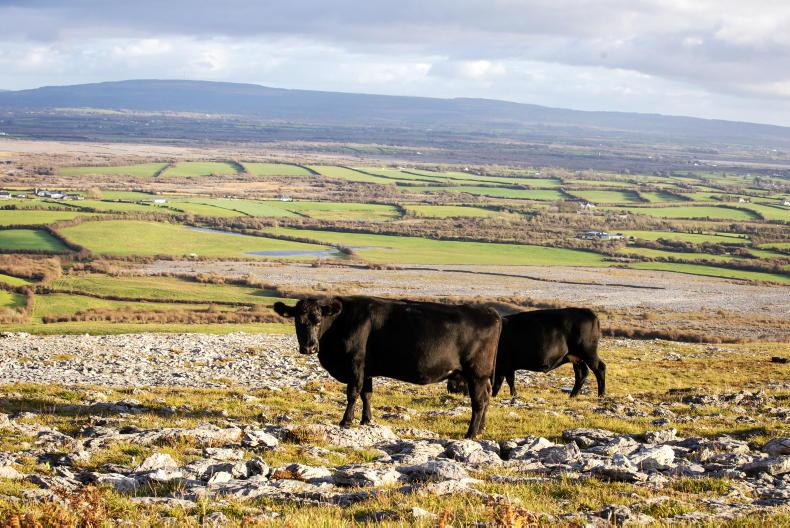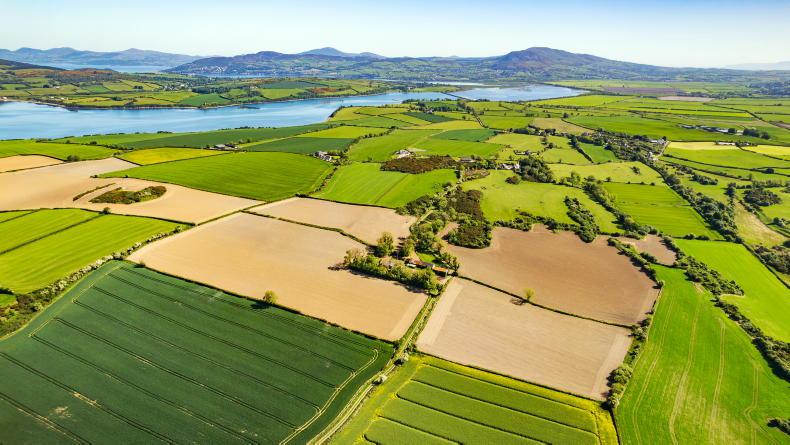We set off on holiday (to west Cork) just as the weather finally turned and delivered two inches of rain.
I doubt if any type of precipitation has ever been more welcome, since this corner of Co Down was burnt to a crisp.
By the time we returned (seven days later) the fields were unrecognisable from the yellow, pale pastures left behind, and everyone (including livestock) breathed a collective sigh of relief.
We’re not out of the woods just yet, and the next month will dictate whether I can enter the winter with a degree of confidence or will continue to worry about fodder reserves.
Before heading off on the annual break, I try to have as many loose ends as possible tied up, but this year’s drought meant an extra dose of worrying and planning to account for the drastic lack of grass.
If I’m entirely honest, I’m not sure what would have happened had the rain not come, since plans A, B, C, and D had all been used up and I had run out of bright ideas. Isn’t it funny how we get terribly fussy about things like silage quality in a normal year, then when things turn nasty anything that can be jammed into a bale suddenly becomes highly attractive.
Help
Anyone who has the comfort of a son or daughter to look after the place while they’re away may not understand this, but organising help during the holidays can be anything but straightforward.
My usual farming friends were also on holiday, so I rounded up a collection of enthusiastic volunteers and they were each given specific tasks.
The most experienced member of this eager bunch was given the job of filling creep feeders every day and feeding the beef cattle. Since he is a busy individual, I didn’t like to impose on him too much, and instead divided the rest of the work across a colourful range of folk.
One retired yachtsman seemed keen to count sheep on a daily basis, my older sister suddenly discovered hitherto unknown agricultural leanings, and our local GP fancied the idea of treating a few patients that wouldn’t answer back. With this eclectic bunch of assistants, what could possibly go wrong?
Text
Everything ran like clockwork, although it didn’t stop me from jumping a mile in the air when a message came through on my phone. Of particular concern was my sister’s text, reassuring me that all was fine, and the two rams in the front field were “absolute pets”.
Since all the breeding rams were on another farm about six miles away, I couldn’t decide whether this was a harmless case of mistaken identity, or something more sinister.
In the end, I turned the phone off, and switched it on twice daily to receive updates.
As usual, just as I was beginning to relax and forget about farming, it was time to pack up and head home.
Returning to a dark green countryside was one of the most welcome sights I can recall.
Assuming the dry spell has ended, then I hope to make about seven acres of silage, and hopefully a mixture of slurry, poultry litter, and bagged fertiliser will help to build a reserve of fresh grass.
Workload
However, the short-term plan is all poultry, with day-old chicks arriving in a few days. This workload has been eased slightly with both my son and daughter here for a few weeks, and the two of them seem happy to assist.
Jenny has developed a liking for power washing, so I encouraged her in that direction, while Sam has been helping me with the re-assembly of the internal equipment.
I don’t like to criticise, but I have to bite my lip at his insistence on playing impossibly loud music at all times. I tend to work in relative silence so that instructions can be conveyed to the other side of the house by raising your voice slightly.
However, when the walls are reverberating to the wailings of Catfish and the Bottlemen (no, me neither), then you must roar your words to stand any chance of being heard. I suppose it’s a small price to pay and is heavily outweighed by the advantages of having him here.









SHARING OPTIONS